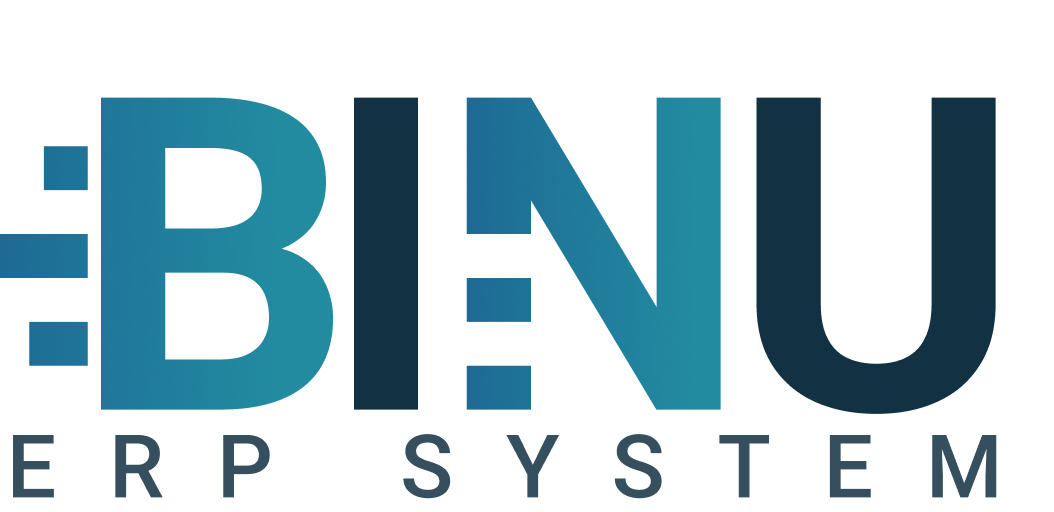In today’s competitive manufacturing landscape, leveraging advanced technology is essential for staying ahead. An ERP (Enterprise Resource Planning) system integrates all facets of an operation, providing numerous advantages that drive efficiency, reduce costs, and improve overall productivity. Here are the biggest advantages of implementing an ERP system in manufacturing:
- Streamlined Operations and Improved Efficiency
An ERP system integrates various functions within a manufacturing operation, from procurement and inventory management to production and sales. This integration eliminates data silos, allowing for seamless communication and collaboration across departments. By automating routine tasks and providing a unified platform for all operations, ERP systems significantly enhance efficiency and productivity. - Real-Time Data and Insights
Access to real-time data is crucial for informed decision-making. An ERP system provides real-time insights into inventory levels, production schedules, and sales orders. This enables manufacturers to make quick, data-driven decisions, improving responsiveness to market changes and customer demands. Real-time data also aids in identifying bottlenecks and optimizing processes. - Enhanced Inventory Management
Effective inventory management is critical for minimizing costs and meeting customer demands. An ERP system offers precise inventory tracking and control, reducing the risk of overstocking or stockouts. By providing accurate and up-to-date inventory information, manufacturers can maintain optimal inventory levels, reduce carrying costs, and ensure timely order fulfillment. - Better Production Planning and Scheduling
An ERP system enhances production planning and scheduling by providing comprehensive visibility into production processes and resource availability. This ensures that manufacturing operations run smoothly and efficiently, reducing lead times and minimizing downtime. Improved production planning helps in meeting delivery deadlines and increasing customer satisfaction. - Optimized Supply Chain Management
Managing the supply chain is a complex task that involves coordinating with multiple suppliers and ensuring timely delivery of materials. An ERP system enhances supply chain visibility and control, enabling manufacturers to manage supplier relationships more effectively, reduce lead times, and lower procurement costs. This optimization leads to a more resilient and agile supply chain. - Consistent Quality Control
Maintaining consistent product quality is essential for customer satisfaction and regulatory compliance. An ERP system helps in standardizing and automating quality control processes, ensuring that products meet the required standards. This reduces defect rates, minimizes product recalls, and enhances the overall quality of manufactured goods. - Reduced Operational Costs
By streamlining operations, improving inventory management, and optimizing production and supply chain processes, an ERP system helps in reducing operational costs. Automation of routine tasks reduces labor costs, while better resource utilization minimizes waste. The overall cost savings contribute to higher profitability and a competitive edge in the market.
Experience the Future with Binu ERP System
Ready to transform your manufacturing operations? The Binu ERP system is designed to deliver seamless integration, real-time insights, and unmatched efficiency. With Binu ERP, you can streamline your processes, optimize inventory management, and enhance production planning.
Say goodbye to inefficiencies and operational bottlenecks. Embrace the power of automation and data-driven decision-making with Binu ERP. Discover how our cutting-edge ERP solution can drive growth, reduce costs, and improve your competitive advantage.
Take the first step towards operational excellence. Contact us today to learn more about Binu ERP and how it can improve your manufacturing operations.
Elevate your business with Binu ERP – where innovation meets efficiency.

